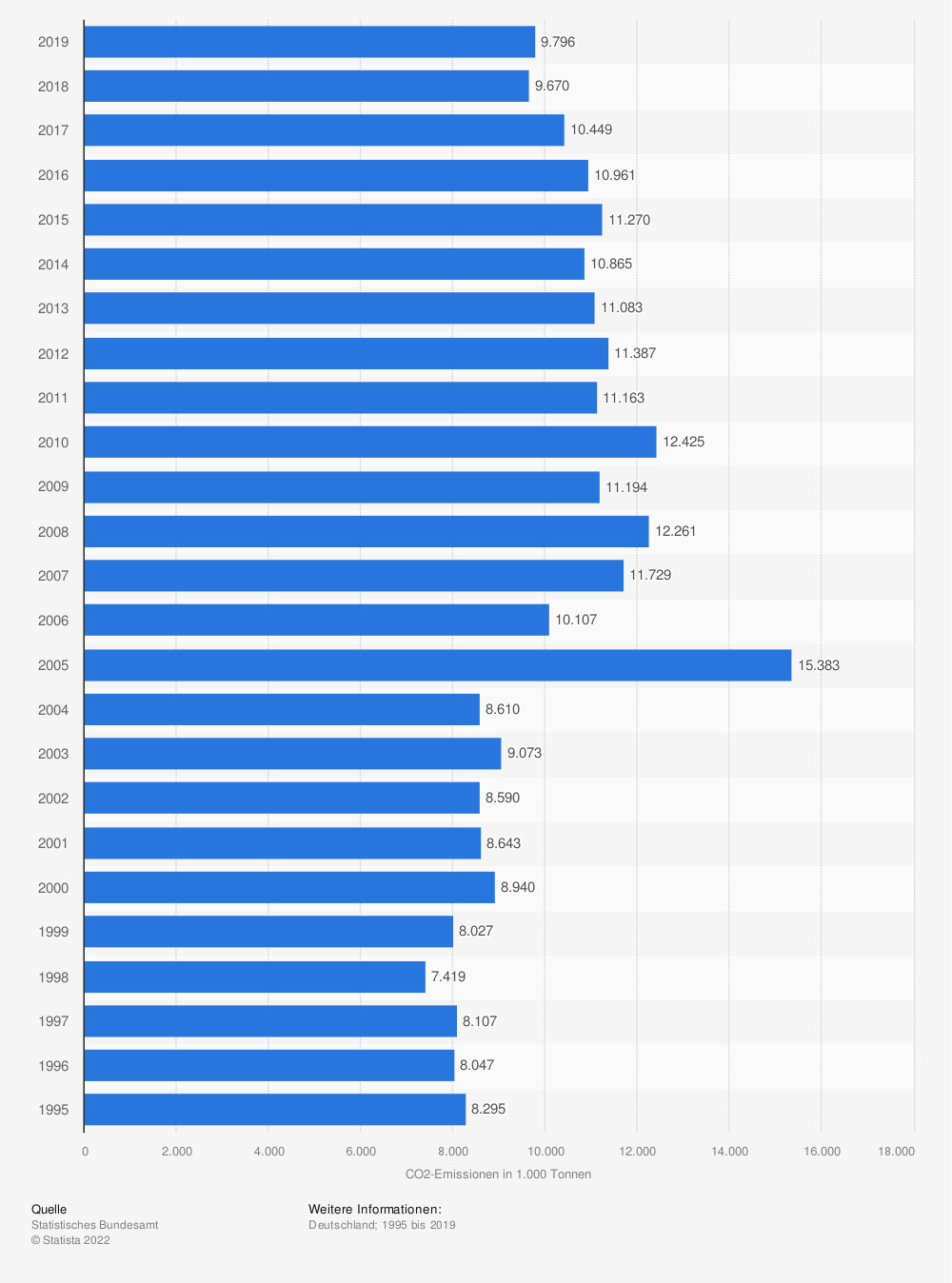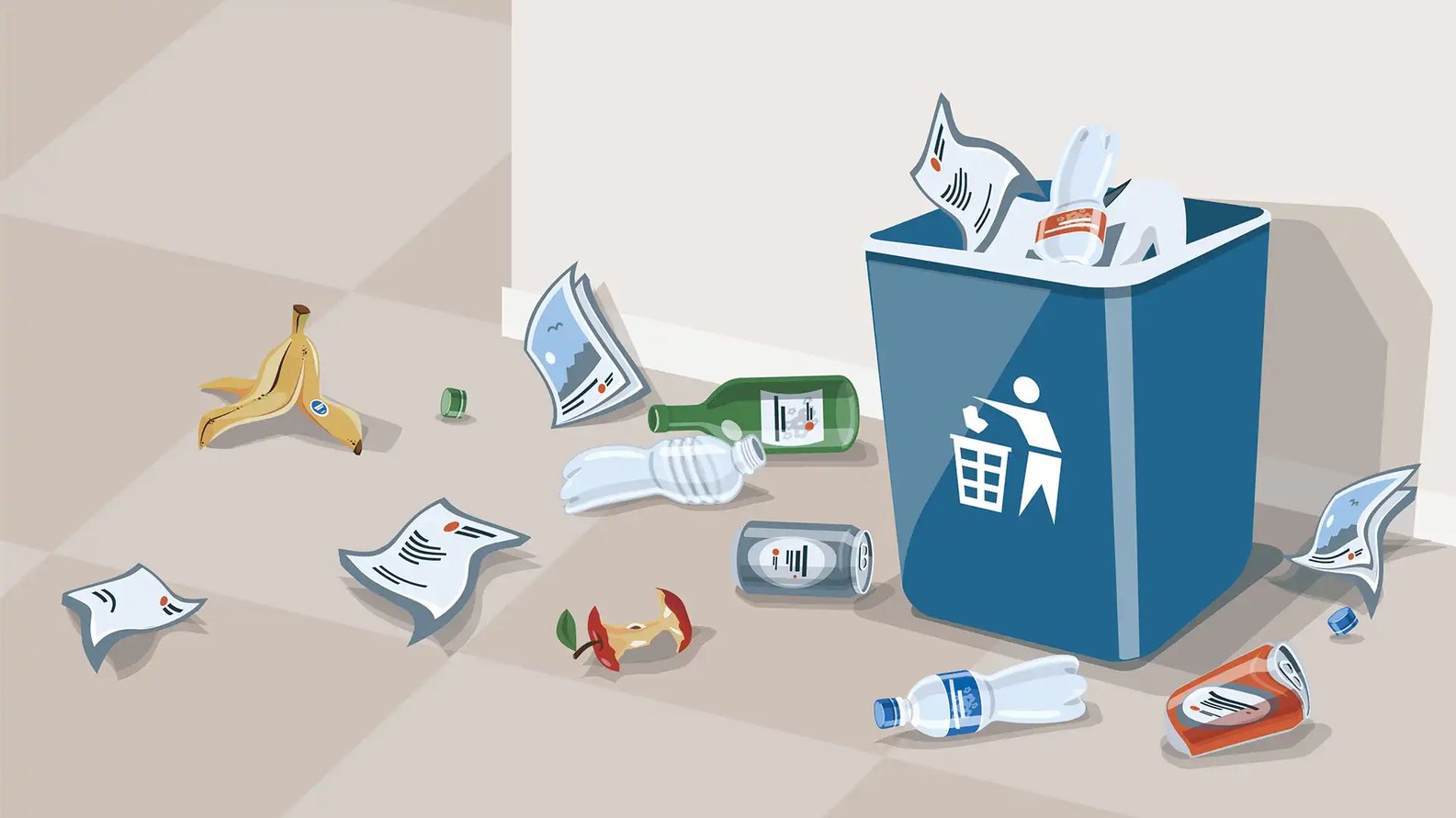- Olga Schmidt
- 12.12.25
- 2 min
- Success factor sustainability
Your contact person
Christoph Köpke
The recycling rate of packaging paper of over 80 % is encouraging. Nevertheless, paper production from fresh fibres causes annual CO2 emissions of over 10 million tonnes. With the EnEWA research and development project, new raw material sources are being tapped and the reprocessing process is being optimised. The BMWK, Federal Ministry for Economic Affairs and Climate Protection, is promoting this approach, which can reduce the total annual CO2 emissions of the German paper industry by 2.5 %.
To this end, the Chair of International Production Engineering and Management (IPEM) at the University of Siegen and the Institute for Anthropogenic Material Cycles (ANTS) at RWTH Aachen University are researching a solution together with the industrial partners TOMRA Sorting GmbH, STADLER Anlagenbau GmbH and PROPAKMA GmbH as well as the paper producer LEIPA Group GmbH.
Paper is a sustainable product based on renewable raw materials. In particular, the production of recycled paper on the basis of waste paper already successfully and efficiently uses the established recycling cycles and is in many respects a pioneer of the circular economy. A recycling rate of packaging paper of over 80 % is clear evidence of this. Nevertheless, there is also potential for optimisation in the production and recycling process of recycled paper. There is potential, for example, in the area of energy efficiency, the increased use of renewable energies, the expansion of closed water cycles and, associated with this, also in the reduction of CO2 emissions. In Germany, paper production causes annual CO2 emissions of over 10 million tonnes (2017), which is equivalent to the emissions of around 4.5 million cars.
Carbon dioxide emissions in the production of paper and board in Germany from 1995 to 2019 (in 1,000 metric tons)


Paper-based packaging already has a significant share in the fresh food sector, and the trend is rising. With a paper content of 95 % or more, this packaging can be fed directly into the waste paper cycle after use. However, composite solutions with less than 95% paper content are unfortunately lost to the cycle in Germany. A further recovery option for such fibres also increases the amount of recycled fibres available through another material flow for the benefit of the environment, people and the circular economy. In addition, a relevant but difficult to determine share has so far been lost through incorrectly disposed paper - so-called misthrows.
In order to sustainably improve the environmental balance of paper production, the EnEWA research project (energy saving in paper production by opening up the value chains of recovered paper from light packaging, residual waste and commercial waste) is pursuing the approach of developing new sources for recovered paper recycling and making them usable.
In the course of this, the project participants deal with the various phases of waste paper collection, recovery and processing. After an analysis of the types of recovered paper and recovered paper composites to be recovered as well as their quality within the scope of material flow analyses, the necessary sorting technology is developed and adapted in the second project phase.
The waste paper and paper composites recovered in the sorting process, including misthrows, go through both regular and to-be-developed treatment processes to obtain paper fibres, which are expanded in the project by additional hygienisation - to avoid microbiological contamination. Finally, the paper quality is checked to ensure that the high paper quality achieved so far is maintained.
A large part of the demand as well as the emissions is generated in the production of fresh fibre paper and can be noticeably reduced by increasing the waste paper quota, which according to the Association of German Paper Producers is more than 66 %. "We assume that about 30 % of the discards could be reused," explains Philipp Nettesheim, group leader at the IPEM Chair. Thus, by recycling the recovered waste paper, the total annual CO² emissions of the German paper industry can be reduced by 2.5 %. In addition, the consumption of primary raw materials is reduced, which brings the project closer to the overarching goal of a complete circular economy.
Do you have an idea and wonder whether it is suitable for funding? Or do you already have a concrete project and would like to start the application process right away?
Then just pick up the phone or send an email! Or find out even more on our page specifically on the topic of innovations for the circular economy.
Author: Christoph Köpke

Your contact person
Christoph Köpke
EurA AG
T- 079619256-0Max-Eyth-Straße 2
73479 Ellwangen
info@eura-ag.com